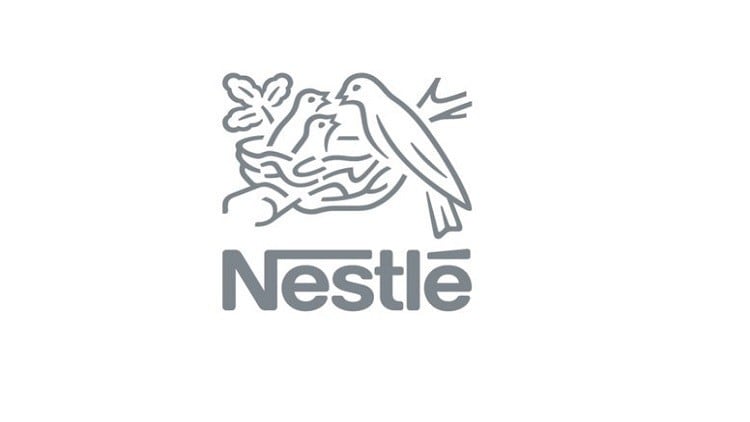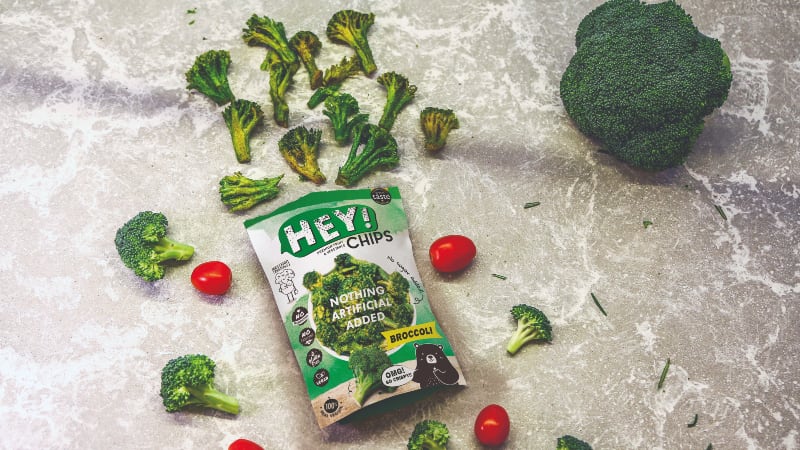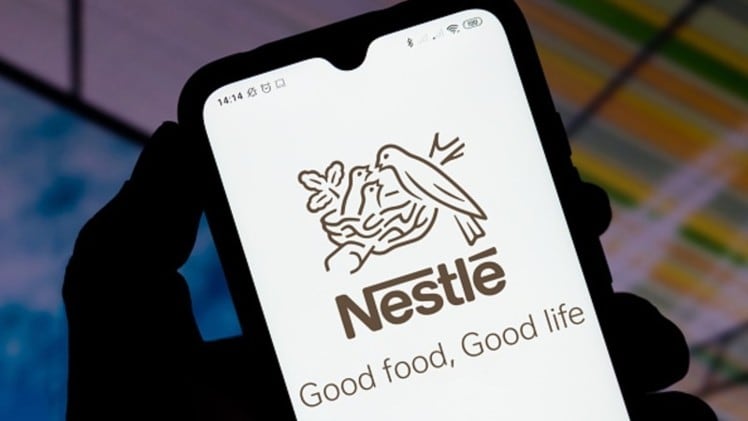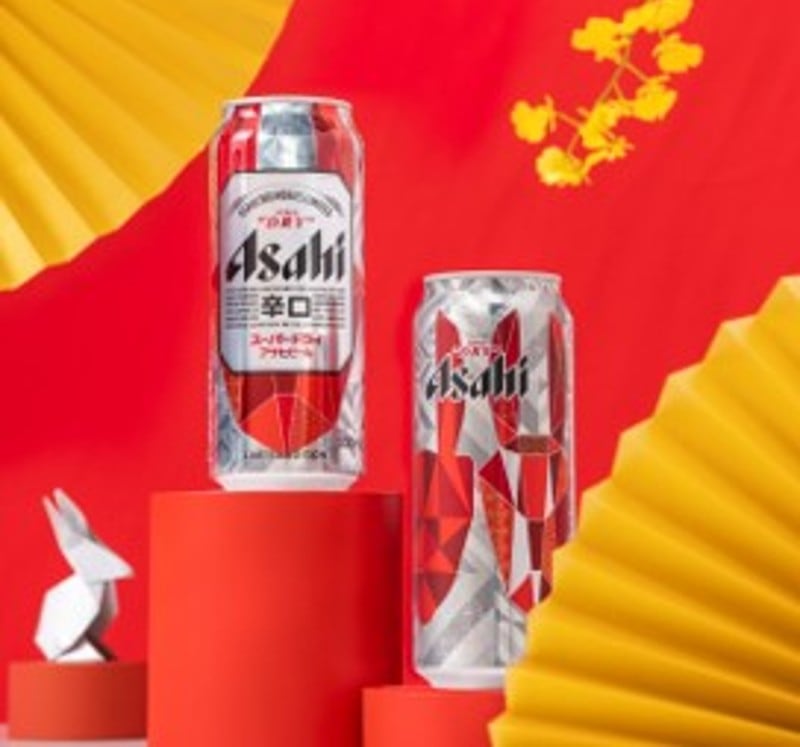Nestle celebrated its 110th anniversary in Malaysia in 2022 as its global headquarters announced positive growth in the company’s overall organic sales and profits, as well as significant progress in its ESG initiatives.
“Nestle’s peak carbon [emissions status] has been behind us since the 2019-2020 period, but as of 2022 we are also below the 2018 starting levels greenhouse gas emissions, an important achievement,” Nestle CEO Mark Schneider said when presenting on the firm’s ESG progress.
“Our net zero carbon roadmap goes from 2018 and extends to 2050, by which we intend to be completely net zero, and now we’re below the baseline emission levels of 2018 which is a big milestone such that we are on track for the targeted 20% carbon emission reduction by 2025 vs 2018.
“To our knowledge, one of the very few companies that has reached that milestone, and we expect to make even more significant progress this year and in the two following years.”
Building on this achievement, Nestle Malaysia has also highlighted its ESG successes in the 2022 financial year to complement this, particularly in the areas of renewable electricity and recyclable packaging.
“On the environmental side, we have pioneered the adoption of renewable electricity through the Green Electricity Tariff framework,” Nestle Malaysia CEO Juan Aranols told FoodNavigator-Asia.
“We took new and industry pioneering steps to eliminate the use of virgin plastics, such as the adoption of recycled-PET for all our range of NESCAFÉ and MILO Ready-to-Drink (RTD) bottles; and the adoption of paper to replace plastic in MAGGI bowls as well as in a growing number of Ice Cream products.
“Our ongoing community Door-to-Door Collection and Recycling programme has grown to reach over 112,000 households in urban communities across Selangor and Kuala Lumpur, [and we have] also expanded to some rural areas in Selangor with our KitaR Recycling Programme.”
In addition to these, Aranols also highlighted Nestle’s efforts to promote and innovate in both plant-based and healthier food products in Malaysia, crucial for spreading the acceptance of these items given the brand’s position as one of the best-known household names in the country.
“We have worked to drive awareness on the benefits of plant-based diets, consolidating Harvest Gourmet as [a key plant-based] brand of choice in this new emerging consumer space,” he said.
“The MAGGI brand has also [developed many] great food and culinary solutions such as the healthier choice MAGGI Nutri-licious Noodles range and a range of marination recipes [to cater to local consumers].”
Continuing progress amidst adversity
Importantly, these achievements were made despite ongoing political and economic turmoil in the global market, which Aranols does not expect to abate any time soon.
“Moving forward in 2023, the volatile economic environment is expected to persist due to continued inflationary pressures alongside uncertainties in commodity and currency prices, with signs of recession looming in some of the world’s major economies,” he said.
“Food commodity prices and food inflation in particular will remain high throughout the first half of 2023, but we do expect a progressive improvement in the later part of the year.”
Despite this situation, Nestle Malaysia believes that its current initiatives and efforts have it well-placed to sustainably grow both the local business as well as progress towards its ESG commitments.
“Against this backdrop, we will redouble our efforts to stay focused [on] meeting and serving the needs of Malaysian consumers while further investing to drive sustainable profitable growth,” he added.
“We remain convinced that [maintaining] trust and quality while remaining in touch with evolving lifestyles remains the best strategy to cope with a challenging external environment.”





